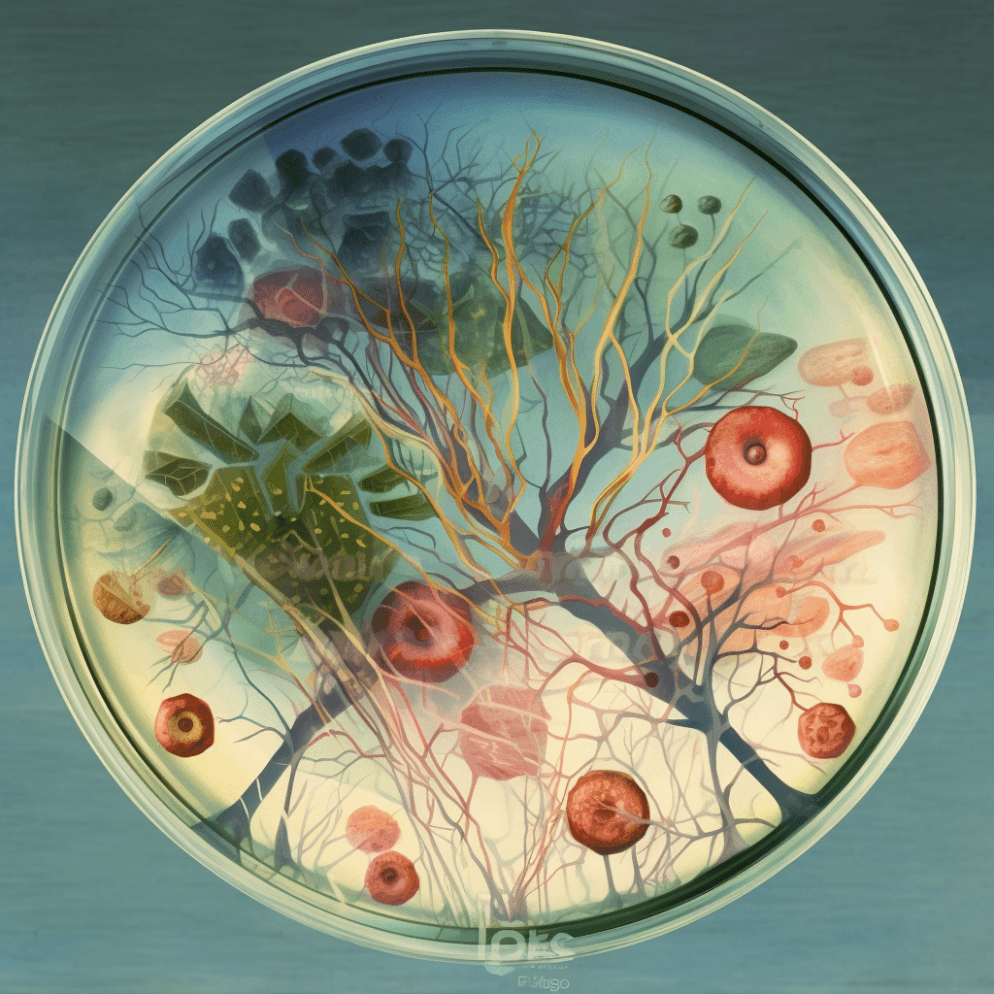May 17, 2023

Hello! Today's Seawith Tech Talk Episode 4 is about the "Beginning of Cultured Meat: Cells." Cells play a fundamental role in the development of cultured meat, making it a crucial topic, albeit a complex one. Today, I will mainly discuss the cellular strategies in the cultured meat industry.

Firstly, we all know that cells are the basic units of living organisms. Our bodies are composed of countless cells that come together to form a complex system. Among the various types of cells, the focus in cultured meat is on "stem cells."
Stem cells are cells that have the ability to differentiate into themselves and produce different types of cells. In simpler terms, they are immature cells with the potential to differentiate into various cell types.
Stem cells can be classified based on their origin and location of occurrence. However, the four main types are embryonic stem cells, adult stem cells, induced pluripotent stem cells, and mesenchymal stem cells. Now, which type of stem cell is suitable for cultured meat?
Unfortunately, we do not have a definitive answer to that question yet. Alternatively, we can say that the journey of the cultured meat industry is about finding the best answer to this question. Depending on the type of stem cells used, the culture medium, scaffold, bioreactor, and other technologies in cultured meat production may vary. Ultimately, the development of cultured meat is about finding the optimal combination of various biotechnological approaches, including stem cells.
In reality, cultured meat companies worldwide are employing their own cell strategies and dedicating efforts to cultured meat development. Seawith also has its own winning strategies to discover the optimal combination. Although we cannot disclose too much information, our top priority in selecting cell strategies is "food safety." Our aim is to use cells that are safe for consumption, even in the form of food. Therefore, we prioritize the use of cells that have not undergone any artificial manipulation and focus on developing safe and natural cultured meat. It may be a challenging path, but we are committed to it.
Today's tech talk might be a bit challenging, but understanding the fundamentals of cultured meat is essential. We send our support to the dedicated Seawith crew, who strive to develop healthy and safe cultured meat. With that, we conclude today's tech talk.
Thank you!